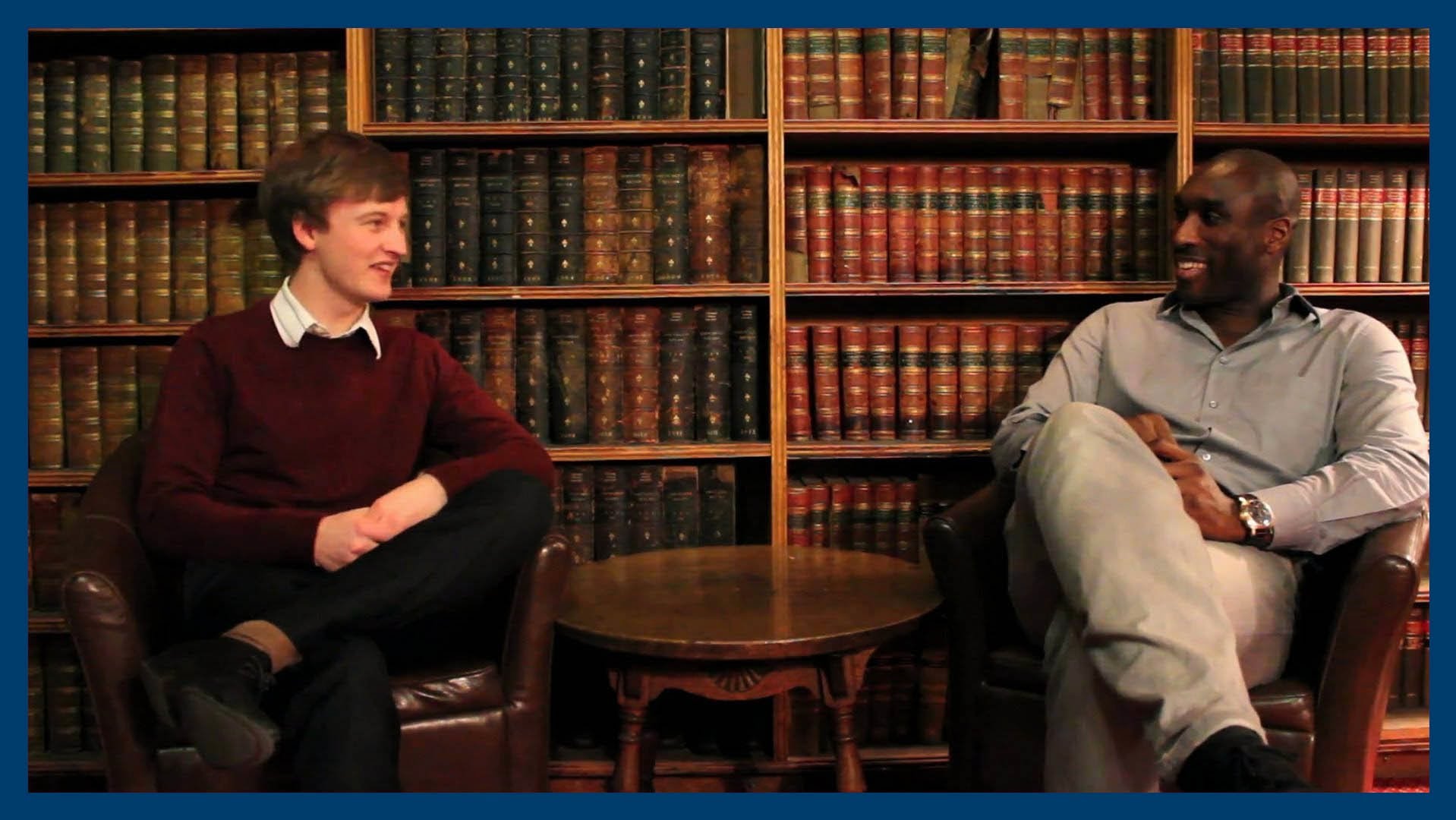Some students have a clear understanding as to what they want to study at university, some keep changing their minds constantly, the remaining ones just do not have the slightest clue. Most of the universities do not allow you to change your subject once you have started your degree (this is particularly true in the UK), so it is crucial to make sure that you have picked the one for you, or else you will be stuck with it for 3 to 4 years. Here are some tips on what you can do to help find out which one is the best for you.
Subject limitations
Do bear in mind if you have already chosen your A-level/ IB subjects and are already studying them, they will certainly set some limitations as to what subjects you can choose at university level. For instance, if you decide during your A-levels that you want to choose Medicine, you are not even eligible to apply with your A-levels in Art, Maths, Photography and Politics. Occasionally, universities might have different A-level subject requirements so do check that out.
Because of the lack of freedom to choose whichever subject to do at university once you have started your A-levels/ IB, students should really start to think about the following areas during their GCSEs, or even earlier. However, sometimes students change their minds at a later stage and you should talk to you school or our consultants to see how we can help you. I personally know an extreme case, where the student already did 2 years of Medicine but ultimately decided that it was not for her and wanted to go for English Literature instead. This meant that she had to do a new set of A-levels with the help of her previous school. Although this is an extreme example, it shows that it is not necessarily the end of the world even if during your course you wanted to change (though it is really not an ideal situation, and I will explore this in another article on what to do if that happens).
Now that we have discussed the greatest restriction, you should consider:
What do you like?

What are the subjects that you enjoy learning? What activities do you like? Do you enjoy repetitive tasks? … Sit down, grab a cup of tea and reflect on your education and experiences so far and try to come up with bullet point answers to these questions.
And the question that naturally comes next is…
What do you not like?
It makes sense to think about what you like so that you can choose what you would like to study further. It might be less obvious for you to consider what you dislike so that you can avoid it. It is common for students to hold a neutral feeling towards something (‘Biology is alright. Art is okay’). Nonetheless, ask them for things they don’t like, there will be no shortage of answers (‘I don’t like Chemistry. I hate Maths’).
Hopefully you will have a slightly better idea by now. We will continue to explore the less known tips in Part 2.
To find out more about Ampla Education’s university application services, contact us at info@ampla-edu.com
________________________________________________________________________
______________________________________________________________
Educated at Badminton School, Kitty obtained a First Class Honours degree in Biomedical Engineering, followed by a MSc degree specialising in Medical Physics, both from Imperial College. Kitty has experience teaching students subjects such as Maths, Sciences, as well as educating young children Programming. As the former Departmental Representative of her degree, she also understands university admissions and is well placed to assist with school and university applications.
________________________________________________________________________
______________________________________________________________
© Ampla Education – Unauthorised use of this material without permission is strictly prohibited. Excerpts and links may be used, provided that full credit is given to Ampla Education.



















